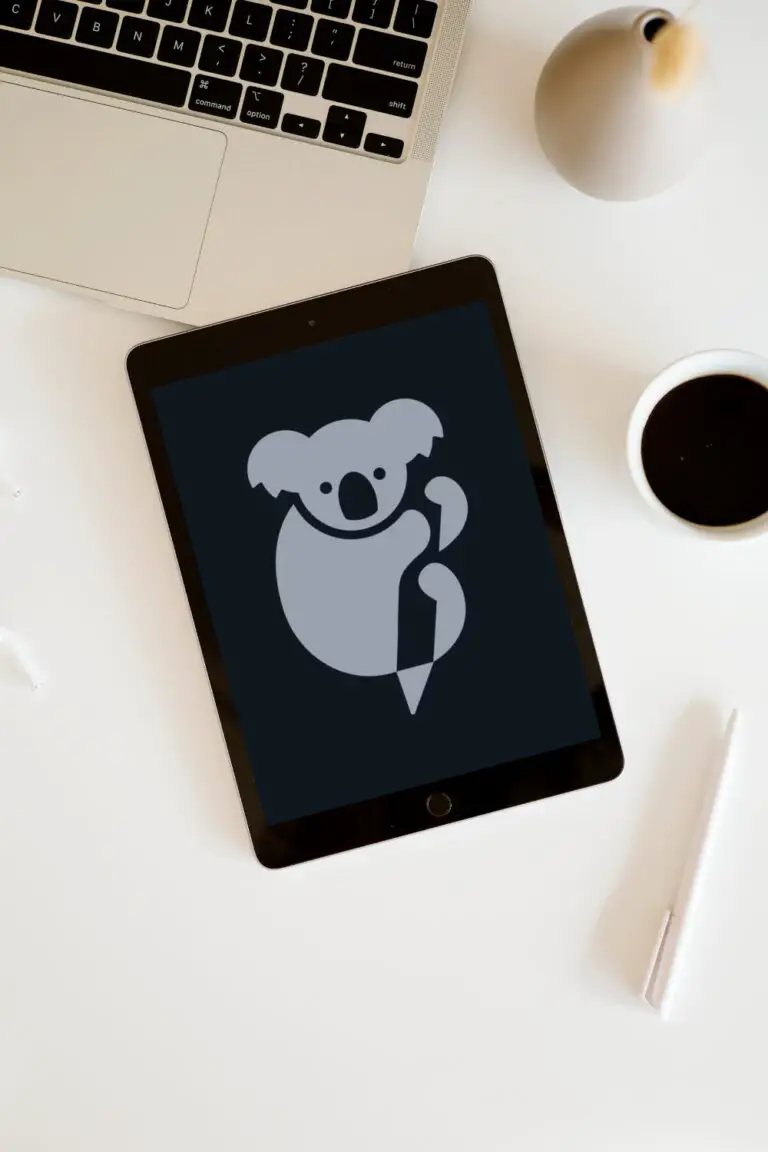Blogging has transformed the way we share ideas, tell stories, and connect with others. Venturing into the world of blogging doesn’t always mean putting your name in lights; sometimes, you may consider going incognito as an anonymous blogger.
This choice bundles itself with a mixed bag of pros and cons, each weighing in on how effectively you can communicate and influence your audience.
On the upside, blogging anonymously is like being a superhero with a secret identity; you get the freedom of expression without the spotlight shining on your personal life. You can share opinions and stories with a level of honesty that might feel risky under your real name.
However, there’s a flip side to this coin. Imagine trying to befriend someone while wearing a mask – it can be a bit tricky to build trust when your readers can’t see the person behind the words.
Whether you’re in it for the thrill of covert operations or just dipping your toes into the blogosphere, considering the pros and cons of anonymous blogging is a smart move.
It’s like deciding between a cloak of invisibility or a name tag; choose wisely, and you might just create the next online sensation that’s all the buzz without anyone knowing you’re the wizard behind the curtain.

Anonymity on the Internet
Diving into the world of blogging can be like joining a masquerade ball – sometimes you might prefer to wear a mask. Whether you’re a superhero on a secret mission or just shy about sharing your thoughts with the world, understanding how to remain incognito online is crucial. Let’s unwrap the mystery of online anonymity and how it relates to blogging platforms.
Defining Online Anonymity
Online anonymity is your invisibility cloak on the internet, allowing you to express yourself without showcasing your real identity.
Think of it like being an author with a pen name; you can share stories and ideas while the real you stays behind the scenes, munching on popcorn. In the context of blogging, anonymity means writing your heart out without attaching your real name, your face, or any identifying details to your content.
Blogging Platforms and Anonymity Features
When it comes to blogging platforms, some are like secret gardens with tall fences, and others are open fields. Platforms may offer different anonymity features such as:
- Username customization: Choose a pseudonym as your new superhero blogger name.
- Privacy settings: Decide who gets a VIP pass to your content.
To weave a cloak of invisibility around your blog, you’ll need to pick a platform that gives you the tools to remain as hidden as a ninja in a coffee shop.
Some platforms make it as easy as pie to stay anonymous, while others might require a bit more digital gymnastics. Whether you’re blogging about gardening tips or your last alien abduction, knowing these features lets you decide just how incognito you want to be.

Pros of Blogging Anonymously
As you tiptoe into the world of blogging, picture this: writing with a cloak of invisibility. Blogging anonymously gives you superpowers, revealing thoughts without exposing your secret identity. Here’s how you benefit:
Freedom of Expression
You’ve got opinions, and sometimes they’re like pineapples on pizza—controversial. Blogging anonymously is your ticket to express yourself freely without fretting over the raised eyebrows of your boss, family, or friends. Here, you’re the artist, and the blog is your uncensored canvas.
Protection of Identity
Let’s face it, the digital world can be a boisterous playground. Choosing anonymity is like having an invisible shield—they can hear your voice, but can’t tug at your cape. Your personal and professional life stays snug and secure, away from the prying eyes of the cyber universe.
Candid Content Creation
Unleash your inner snarky critic or heartfelt poet with no holds barred. When you’re blogging without a name tag, you can create content that’s raw and real, giving readers the good stuff without a side of pretense. Be candid, be bold—your keyboard is your oyster.

Cons of Blogging Anonymously
Blogging without revealing your identity might seem like a superhero move, but even caped crusaders face challenges. Let’s unmask the less glamorous side of anonymous blogging.
Lack of Accountability
When you’re a blogger incognito, you might find it tempting to skip town like a bandit if things go sideways. But this cloak of invisibility could also mean your readers are less forgiving when you slip up. They don’t know you, so it’s harder for them to trust that you’ll right the wrongs, leading to a “Wild West” vibe on your blog.
Challenges in Building Trust
Building trust is like baking a cake — it takes time and the right ingredients. As an anonymous blogger, you might find yourself in a bind because readers value transparency.
They want to know who’s behind the masterful recipes or life tips you’re dishing out. Anonymity can leave readers questioning if you’re the real deal or just another masked crusader in the blogosphere.
Limited Monetization Options
Monetizing your blog anonymously? It can be like trying to sell lemonade while wearing a disguise. Brands and affiliates might shy away from working with someone without a clear identity.
This means you could be passing up potential sponsorships or ad revenue. Think of it as leaving money on the table while you’re noshing on invisible cookies.
Remember, navigating the blogosphere without a personal brand is doable, but it certainly comes with a unique set of hurdles you’ll need to leap over with grace – and maybe a touch of humor!

Balancing Anonymity and Transparency
When you’re blogging behind the veil of anonymity, it’s like being a superhero with a secret identity—exciting but complex.
Your mission? To share your thoughts while staying hidden, yet somehow remain as transparent as ethereal glass about your blog’s content and motives.
Strategies for Anonymous Bloggers
Crafting your secret blogger identity starts with choosing a pseudonym—this is your new alias, your blog-world persona. Make it memorable, make it catchy, or make it mysterious.
The next thing on your list is to be like a ghost in the machine—use privacy-focused email accounts and a VPN to keep your real-life breadcrumbs scattered to the wind.
Embrace storytelling, where fiction mingles with fact. There’s a fine art to sharing true experiences ‘anonymously’ without giving away too much.
Think of it as wearing a mask at a masquerade: You can dance freely, but no one knows the person behind the mask.
Ethical Considerations
Just because you’re incognito doesn’t mean ethics fly out the window. You still need to handle information with care, especially if it involves third parties. Think Spider-Man: with great power comes great responsibility, so wield your anonymous pen responsibly.
It’s crucial to balance being a concealed blogger with maintaining trustworthiness. You want to safeguard your identity, sure, but you don’t want readers thinking you’re the Wizard of Oz, hiding behind a curtain.
Your content needs to be credible, so fact-check, be fair in your criticisms, and cite your sources appropriately—you’ll keep your cloak of invisibility intact while winning the trust of your readers.

Staying Safe While Blogging
When you decide to dip your toes into the world of blogging, keeping your identity under wraps can be like trying to walk a cat on a leash — tricky, but not impossible! Here’s how you can blog without leaving too many digital breadcrumbs behind.
Digital Footprint Management
To avoid leaving a digital footprint that Hansel and Gretel would be jealous of, begin by using a Virtual Private Network (VPN) to mask your IP address. Imagine a VPN as your online invisibility cloak. It shields your real location and keeps your browsing sessions private.
Keep your personal information off the blog by creating separate social media accounts and email addresses. These should be strictly for your blog persona. Clean cookies like you’re on a digital diet; they’re the tiny trackers munching on your online movements!
Use of Pseudonyms
Embrace the alter ego! Choose a pseudonym that’s more than just a cool moniker—it’s your shield against undue attention. This pseudonym should have no ties to your real-life identity.
Think of it like a stage name; even if your content hits the high notes, your fans won’t easily find out who’s behind the mic. Be consistent with your pseudonym across all platforms, but also ensure it’s original. You don’t want to be the tenth “John Doe” on the scene.

So, What’s the Deal?
Blogging can be fun and rewarding, but it’s important to remember that the internet is a public space. Your online presence can have real-life consequences, so it’s essential to take precautions to protect your privacy.
By managing your digital footprint and using pseudonyms, you can blog safely without compromising your personal identity. It’s all about finding the right balance between sharing your thoughts and experiences, while also safeguarding your personal information.
So go ahead and share your unique voice with the world, just don’t forget to take a few extra steps to protect yourself along the way. Happy blogging!






